Projects we have conducted in the microfinance, savings and social cash transfer sector:
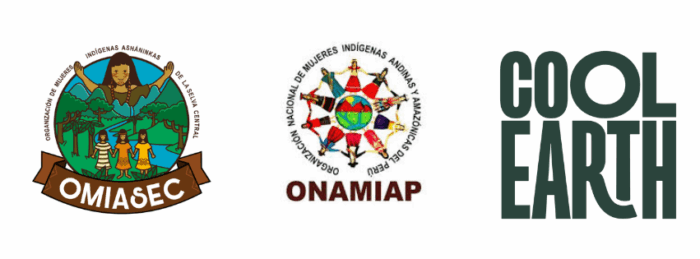
Basic Income Pilot, Peru
Evaluation of the Basic Income Pilot project ‘Fighting the climate crisis with reciprocity: Towards Indigenous autonomy’. The project is being co-implemented by National Organization of Andean and Amazonian Indigenous Women of Peru (ONAMIAP), Regional Organisation of Amazonian- Ashaninka Indigenous Women (OMIASEC) and Cool Earth. Together they are working to contribute to the urgent needs of Indigenous peoples and communities whose territories are being affected by the climate crisis whilst also strengthening Indigenous autonomy. 24 interviews and three focus groups were conducted across three locations in the Peruvian Amazon. July 2025- January 2026

Financial Sector Deepening Trust, Kenya
Evaluation to assess the impacts of a pilot programme which aimed to improve the prospects for farmers involved in the poultry value chain in Machakos County, including opportunities for economic participation and value accrual. 36 individual interviews with people who had been involved in the programme, as well as key informant interviews and focus group discussions. May-Dec 2024

Opportunity International, Malawi
Evaluation of the programme “Strengthening Systems for Financial Inclusion in Rural Malawi” (three-year project funded by Jersey Overseas Aid). The programme aims to develop the capacity of four financial services providers to offer tailored digital products and services to small-scale farmers, and to provide 24,000 low-income small-scale farmers with access to financial training and products in four districts of Malawi. Bath SDR conducted focus groups with savings groups in 2023 and in 2024 conducted 72 individual interviews with farmers for the endline.

Save the Children, Malawi
This midline evaluation included an RCT conducted by IFPRI and a qualitative deep dive conducted by Bath SDR to assess the impact of different combinations of support on early child development and maternal nutrition. The interventions include training and advice on nutrition and parenting, as well as different levels of cash transfers. The evaluation comprised 96 individual interviews and 6 focus groups conducted in June 2024. A final report can be viewed here.

Gender Norms and the Mauritania Social Transfer Program, World Bank Africa Gender Innovation Lab (working with Trinity College Dublin)
Bath SDR worked with a local research team to conduct over 80 individual interviews – mainly with women and a small selection of men in senior village positions, as well as 11 focus groups with men and women. This in-depth qualitative study (funded by IFPRI) aimed to complement and enhance the learning from a randomized control trial (conducted by Trinity College Dublin) looking at the success of the integration of IPV prevention programming into a social safety net program in Mauritania (Tekavoul). Tekavoul aims to reach 100,000 extremely poor households to protect them from severe deprivation and to support human capital investments. As well as cash, it provides social promotion activities addressing hygiene, nutrition, education, civil registration, and child development. Sep 2023 – Jan 2024
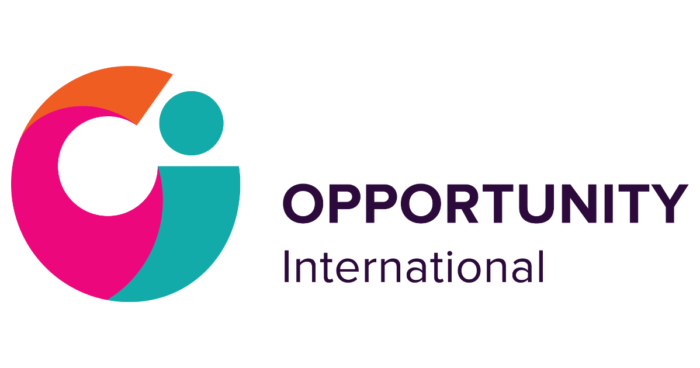
Opportunity International Canada, Ghana: This study evaluated the impact of the Global Affairs Canada Financial Inclusion for Enterprise Development (GAC FINEDEV) project in Ghana. This project aimed to increase access to formal financing, create business-to-business linkages and networking opportunities particularly for small SMEs, women and vulnerable groups – with the end goal of contributing to the empowerment of women and girls in Ghana. The study included key informant interviews, a literature review, a staff survey and 48 QuIP interviews with loan customers. June – September 2022. A case study can be found here.
Opportunity International UK, Ghana: Final evaluation of the DFID-funded programme ‘Roots of Change: Increasing the economic empowerment of women in Ghana and the DRC through rural financing’. 48 individual interviews and 8 focus groups. September – November 2021.
Opportunity International UK, Ghana: Mid-term evaluation of the DFID-funded programme ‘Roots of Change: Increasing the economic empowerment of women in Ghana and the DRC through rural financing’. 48 individual interviews and 8 focus groups. Carried out by Bath SDR between June – September 2020.

Oxford Policy Management, Tanzania, Zambia and Ghana: Evaluation of the Savings at the Frontier programme (SatF) run by Oxford Policy Management and the Mastercard Foundation. This series of qualitative impact evaluation studies looked into the effects of series of financial innovations designed to link informal savings mechanisms (ISMs) with formal financial services (FFS) under the Savings at the Frontier (SatF) programme. Research in all three countries was conducted between 2019 – 2022. A final summary report can be viewed here.
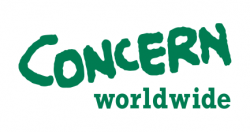
Concern Worldwide, Malawi: Evaluation of Concern Worldwide’s Graduation Programme. The Graduation Programme is a multi-dimensional programme that tackles social exclusion, particularly on the basis of gender and social status, as well as increasing the capacity of the extreme poor to develop sustainable livelihoods in the context of increasing vulnerability to climate shocks. Round 1 – 24 interviews, 4 focus groups. Round 2 – 48 interviews, 8 focus groups. Round 3 – 48 interviews, 8 focus groups. Carried out by Bath SDR between March – May 2018, September – December 2020, and October 2021 – January 2022. A summary case study can be viewed here.
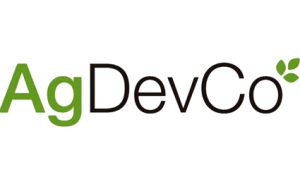
AgDevCo, Uganda: Exploring the impact of formal employment for female field officers working for a local agricultural development company in the East Acholi region. 36 individual interviews and 4 focus groups. Carried out by Bath SDR between October – December 2020.
AgDevCo, Uganda: Understanding the impact of support and training provided to VSLAs through a local agricultural development company in the East Acholi region. 48 individual interviews and 8 focus groups. Carried out by Bath SDR between November 2019 – January 2020. A summary report can be viewed here.
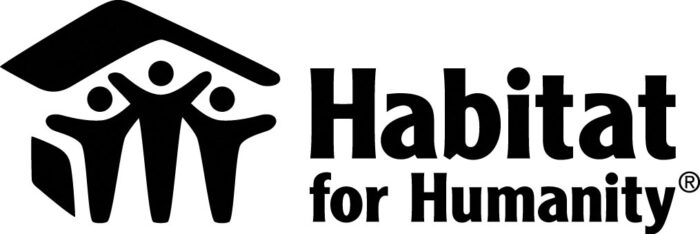
Habitat for Humanity International, India: Housing microfinance impact evaluation of Habitat for Humanity‘s MBIND MFI financial products and services project in Southern India. Impact assessment and institutional assessment. 72 interviews and 8 focus groups across two microfinance institutions in Tamil Nadu and Kerala, India. Carried out by Bath SDR and M-CRIL between September 2016 – April 2017. Habitat for Humanity published their own report which you can read here.


